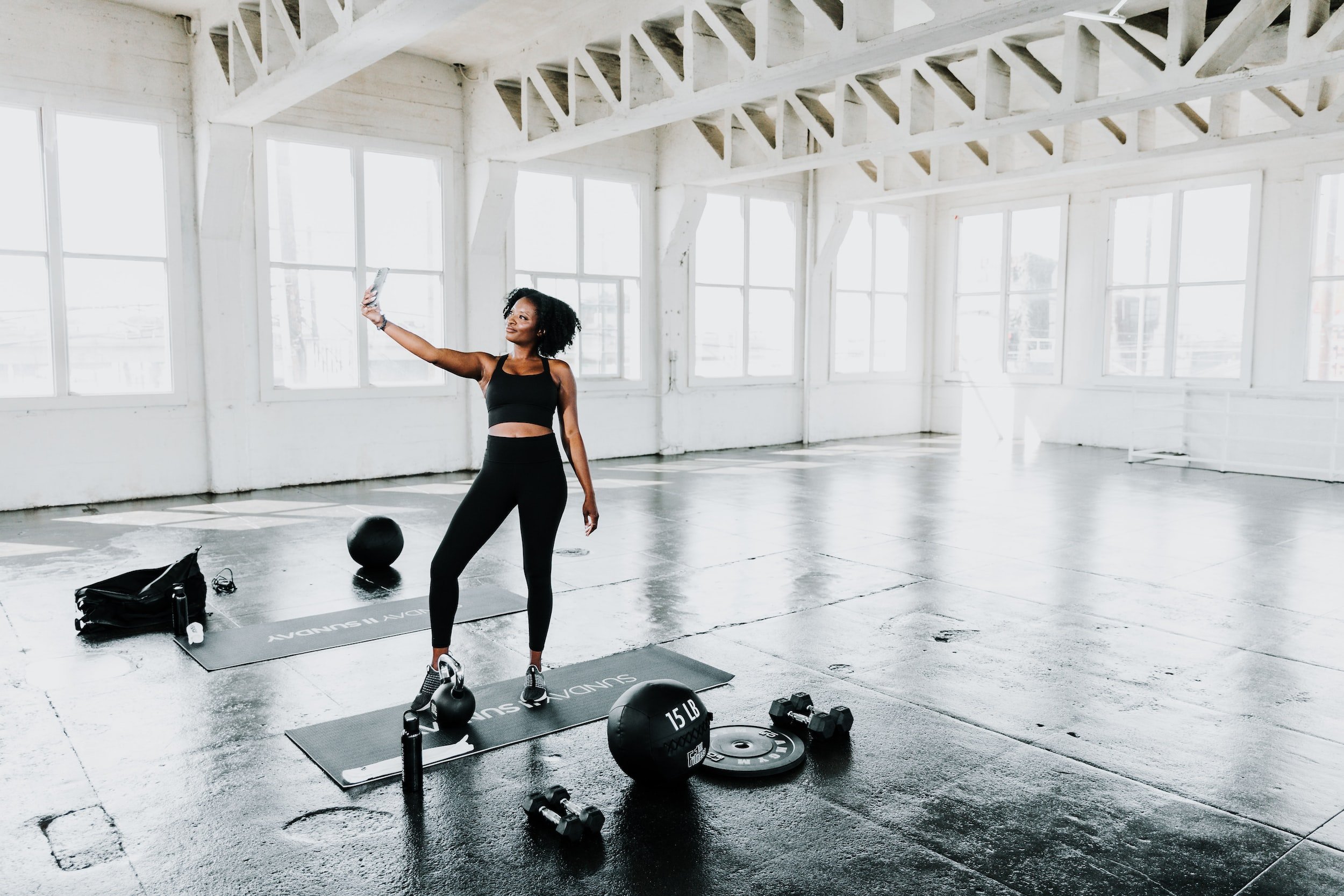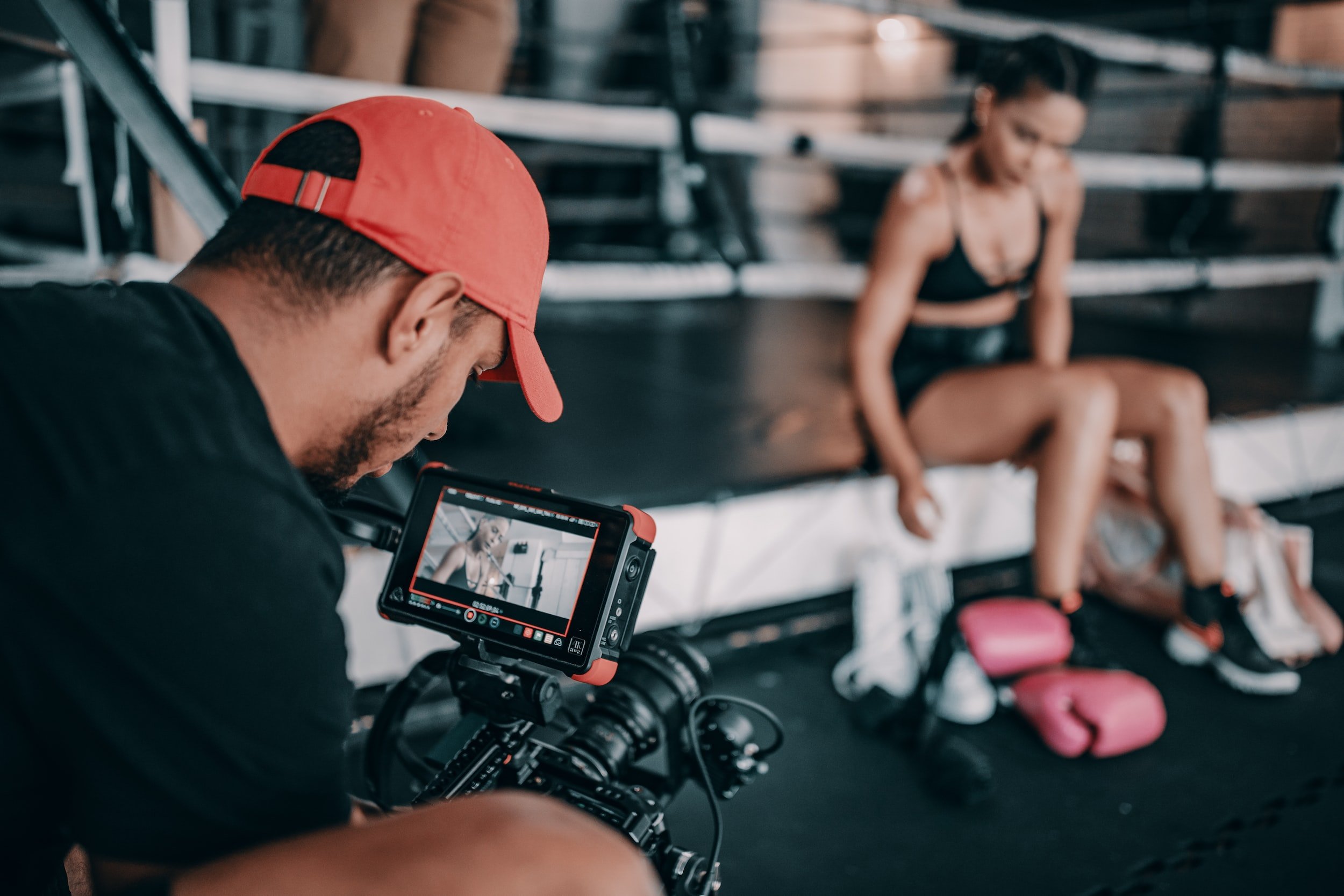The Pros and Cons of Fitness Influencers.
Why the rise of fitness influencers is a double-edged sword.
Fitness influencers have become increasingly popular on social media platforms recently. Inspiring millions of followers to adopt healthy lifestyles and follow their fitness regimes. However, there are several issues with the rise of fitness influencers that need to be addressed and are not discussed enough. In this article, we will explore some of the shortcomings of the fitness influencer phenomenon and possible solutions to these issues.
Here are four questions you can ask an online coach before working with them to determine if they are the real deal:
What qualifications and experience do you have?
How do you tailor your coaching to meet the unique needs of your clients?
Can you provide references or success stories from past clients?
What is your approach to nutrition and fitness, and how do you ensure the safety and effectiveness of your recommendations?
One of the significant problems with fitness influencers is their lack of authenticity. Many influencers create polished, edited content that portrays only their highlight reels. While most of us are aware that Instagram often presents an unrealistic and filtered view of people's lives. It can still be challenging to resist the allure of aspirational lifestyles portrayed by influencers in the health and wellness category.
Another issue with the fitness influencer trend is the "this worked for me, so it will work for you" mentality. Many fitness influencers promote their specific workout routines or diets, claiming that they will work for anyone who follows them. Each of us has a unique body, lifestyle, and preference, and what works for one person may not work for another. It is crucial for you to recognise these differences when "shopping" for an online coach.
It can be challenging to determine what is genuinely best for our bodies. Unfortunately, this issue is compounded by the industry's focus on profit rather than individualized care. At times, fitness coaches and influencers prioritize making a quick profit rather than comprehending the distinctive requirements and objectives of their clients. As consumers, it is crucial for you to do your research and seek out coaches who prioritize individualized care over profit.
Moreover, the lack of regulation in the fitness industry is a significant concern. There are no strict guidelines for becoming a fitness influencer or coach, unlike other industries such as medicine or law. As a result, many self-proclaimed "coaches" lack the necessary education and qualifications to provide accurate, effective, and up-to-date information. This can be dangerous, as they may promote unhealthy or even harmful practices to their followers.
Another issue in this industry is the emphasis on "reach" instead of "effect." Many fitness influencers focus on gaining as many followers as possible, without necessarily considering the effectiveness of their coaching. This can lead to a focus on creating viral content rather than providing accurate and helpful information.
The rise of fitness influencers is a double-edged sword. Inspiring and motivating some people to adopt healthy lifestyles, while also creating unrealistic expectations, and even promoting harmful practices to others. That's why we believe it's crucial to tackle the drawbacks of the fitness influencer trend and come up with solutions to these problems.
Consumers can address these issues by being more discerning and selective about who they choose to take advice from. You should look for fitness influencers who are authentic, transparent, and take an individualized approach to fitness coaching. Additionally, you should do your research and ensure that the information you receive is accurate and safe.
Another solution is for the fitness industry to establish minimum qualifications and education requirements. Like in personal training or nutrition degrees, where there are stricter guidelines for the promotion of fitness products and services. Enforcing proper education can ensure that fitness influencers and coaches provide accurate and safe information to their followers.
We believe that it is crucial to seek guidance from established fitness facilities that provide in-person consultations. This will help to better assess the coach and determine their level of expertise and the validity of their advice. When paying for a program online, there is a risk of receiving a generic plan that is designed to suit everyone in the same way.
Ultimately, fitness influencers have a responsibility to provide accurate and safe information to their followers. They should take their role seriously and put in the time and effort to learn and educate themselves. By doing so, they can motivate followers to adopt healthier lifestyles with accurate information.
Want to meet up with qualified coach? Don’t wait, we can help!
Here are some questions that your coach should ask you when working with you for the first time:
What are your fitness goals?
What is your current fitness level?
Do you have any injuries or health concerns?
What is your exercise history?
What is your current diet and nutrition habits?
What kind of exercise do you enjoy doing?
What are your current lifestyle habits (sleep, stress, etc.)?
What kind of support system do you have?
How much time do you have to commit to your fitness goals?
What challenges do you anticipate facing during your fitness journey?


